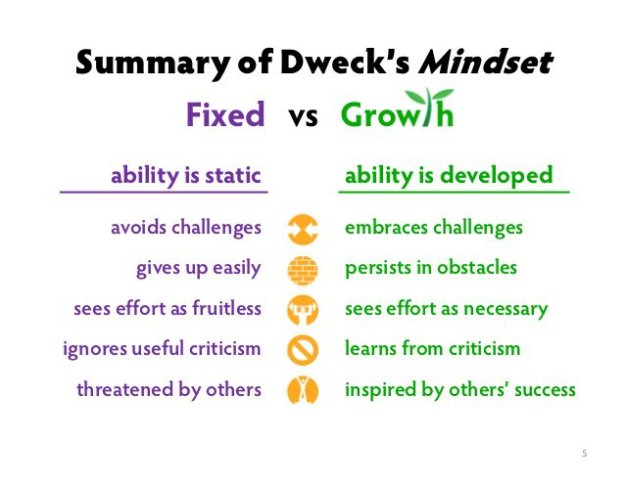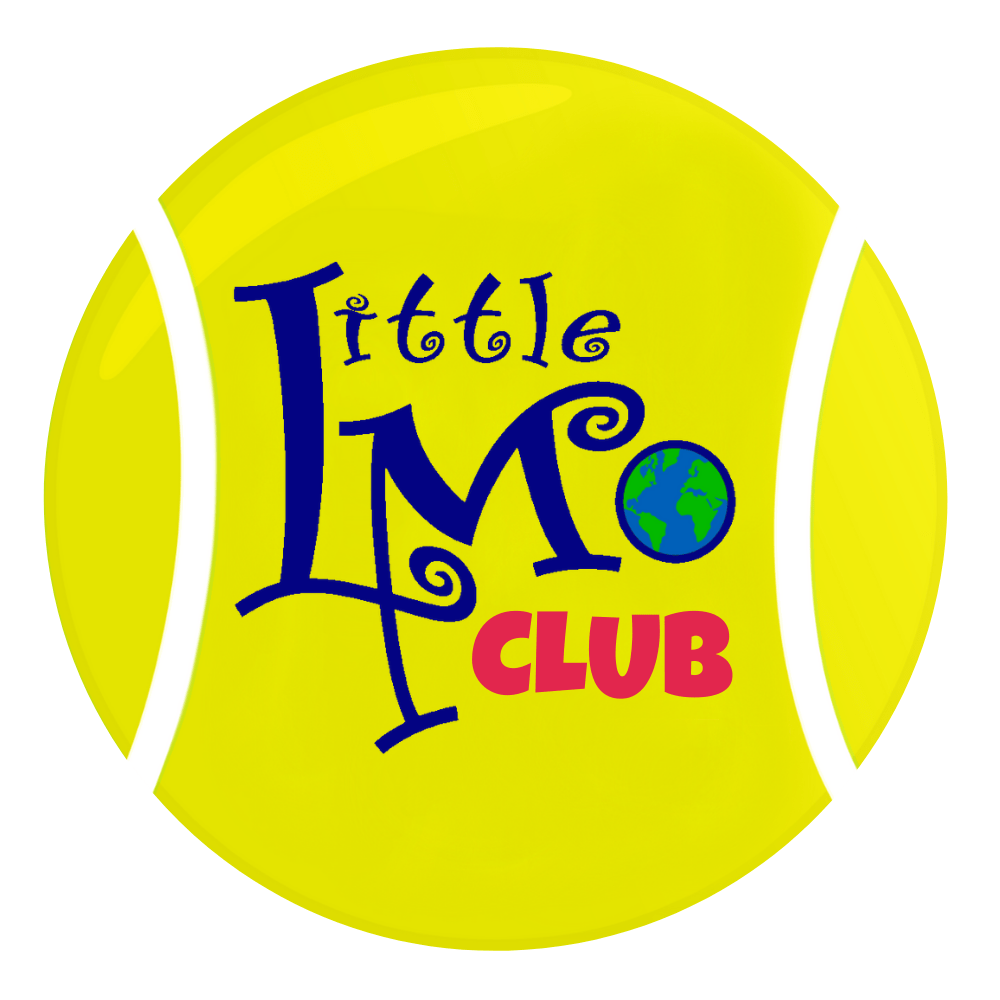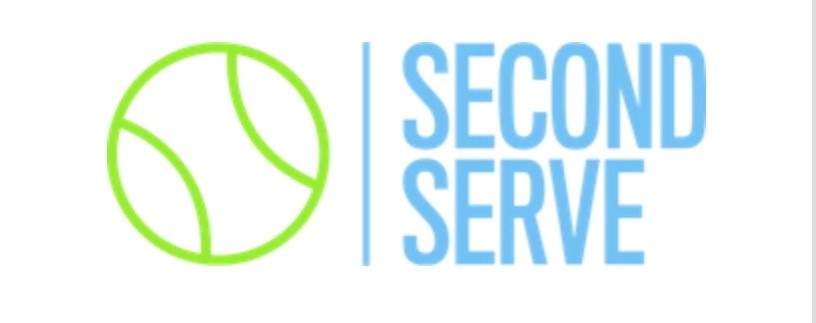What I’ve learnt from junior tennis: Identifying mindsets

The following article is the second in the series by Paul K. Ainsworth, a Tennis Parent in the UK
(click here to go to his blog) and author of six education books who has given me permission to reprint the series here. Click here to follow him on Twitter.
In my last blog, I introduced the idea of mindsets and explained the difference between having a fixed mindset and a growth mindset. You have probably been thinking about whether your child (or even you) displays a fixed or a growth mindset.
I believe it is little more complicated than always having one or the other. Firstly there is a continuum between the two, so two people may have a growth mindset but one is more secure in this than the other. Secondly I think someone’s mindsets can change in different areas. For example you might say that someone can either draw or they can’t, hence a fixed mindset. Yet at the same time you may say that with revision for Maths someone can improve their score or grade, hence growth mindset.

This blog looks at how you can identify whether your child displays a fixed or growth mindset for their tennis. You could easily adjust the identifying questions for different skills and activities.
Fixed Mindsets
Last time we considered that people with fixed mindsets believe that ability is all about talent. If a child has a fixed mindset and believes they are successful because they are talented, they will not strive for more challenging practices or higher-level tournament. If they are winning they may became smug and too comfortable in their ability to succeed. If they think that another child is better than them or beats them, they will consider that their opponent will always be better than them. In addition if they lose a match they think they should win or if they are struggling to develop a skills, their confidence will plummet and they can become very dispirited.
If your child tends towards having a fixed mindset they may say some of the following statements:
- I’ll beat him/her because I’m better than them.
- He/She is no good because their rating is…
- I don’t need to warm up for this match.
- I always hit my backhand topspin out.
- I’ll never be able to hit a kick service.
- I’ll never beat him.
- I can’t believe he/she beat me because I’m miles better.
- How did I lose that!
- I can’t do it.
- I don’t want to play them as they always win.
- I’m rubbish!
Growth Mindset
A child who tends towards the growth mindset continuum will believe that they can get constantly better. They will look at players who are beating them and will consider that is the practice they are doing. They will want to complete certain drills so they can improve their skill. They may make the some of the following comments:
- I worked really hard in practice today and I’m improving.
- I’d like to play in some higher levels tournaments and have tougher matches.
- I will be able to beat them; I just need to improve my second serve.
- They must have practiced loads to get that good.
- Can I practice…?
- It worked hitting it to their backhand, I’ll try that again.
- Can you tell me what I need to improve on?
- Why do you think I lost?
- I can’t do it…yet!
In my next blog, I’ll consider what you can say to help develop a growth mindset and also what to avoid saying to stop you inadvertently developing a fixed mindset in your child.













Comments are currently disabled for this post